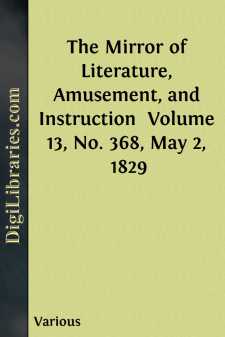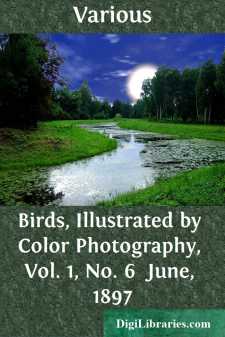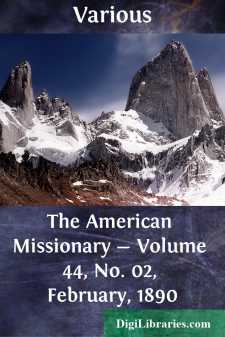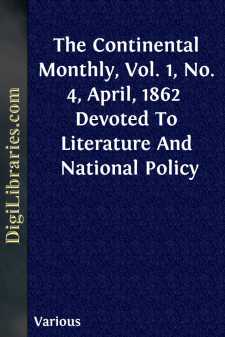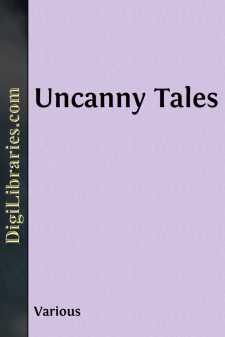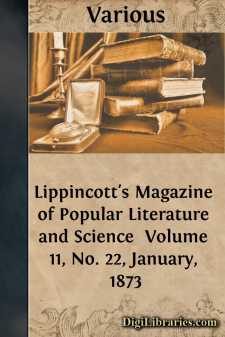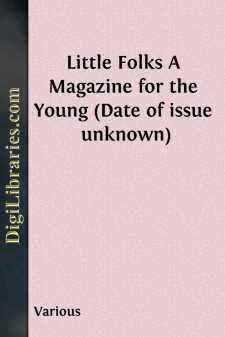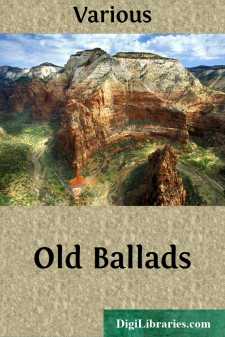Categories
- Antiques & Collectibles 13
- Architecture 36
- Art 48
- Bibles 22
- Biography & Autobiography 814
- Body, Mind & Spirit 145
- Business & Economics 28
- Children's Books 17
- Children's Fiction 14
- Computers 4
- Cooking 94
- Crafts & Hobbies 4
- Drama 346
- Education 56
- Family & Relationships 59
- Fiction 11833
- Foreign Language Study 3
- Games 19
- Gardening 17
- Health & Fitness 34
- History 1378
- House & Home 1
- Humor 147
- Juvenile Fiction 1873
- Juvenile Nonfiction 202
- Language Arts & Disciplines 89
- Law 16
- Literary Collections 686
- Literary Criticism 179
- Mathematics 13
- Medical 41
- Music 40
- Nature 179
- Non-Classifiable 1768
- Performing Arts 7
- Periodicals 1453
- Philosophy 66
- Photography 2
- Poetry 897
- Political Science 203
- Psychology 45
- Reference 154
- Religion 516
- Science 126
- Self-Help 85
- Social Science 82
- Sports & Recreation 34
- Study Aids 3
- Technology & Engineering 59
- Transportation 23
- Travel 463
- True Crime 29
Sort by:
by:
Various
THE LADY LAWYER'S FIRST CLIENT. TWO PARTS.—II. What with Mrs. Stiles's ankle and the law's delays, the case was not tried until September. But at the September term Stiles vs. The Railway Company was reached, and stood at the head of the list. On the morning of the fated day Mrs. Tarbell could have proceeded to the court-room in state, for not only did the entire Stiles family present...
more...
by:
Various
CLARENDON HOUSE, PICCADILLY. The virtuous and uncompromising chancellor, the Earl of Clarendon, had a splendid mansion facing the upper end of St. James's-street, on the site of the present Grafton-street. Of this princely pile, the above is an accurate engraving. It was built by Clarendon with the stone intended for the rebuilding of St. Paul's. "He purchased the materials," says...
more...
by:
Various
BIRD SONG. “I cannot love the man who doth not love,As men love light, the song of happy birds.” T is indeed fitting that the great poets have ever been the best interpreters of the songs of birds. In many of the plays of Shakespeare, especially where the scene is laid in the primeval forest, his most delicious bits of fancy are inspired by the flitting throng. Wordsworth and Tennyson, and many of...
more...
by:
Various
Our Missions And Missionaries. It is our custom to publish in the second issue of the Magazine for each year a catalogue of the churches, institutions and schools into which we place the offerings devoted by those who send them, to the great work of the American Missionary Association. If our readers will look carefully at this, and preserve it for future reference, they will come into sympathy more...
more...
by:
Various
The War Between Freedom And Slavery In Missouri. It is admitted that no man can write the history of his own times with such fullness and impartiality as shall entitle his record to the unquestioning credence and acceptance of posterity. Men are necessarily actors in the scenes amid which they live. If not personally taking an active part in the conduct of public affairs, they have friends who are, and...
more...
by:
Various
ITHE UNKNOWN QUANTITY Professor William James Maynard was in a singularly happy and contented mood as he strolled down the High Street after a long and satisfactory interview with the solicitor to his late cousin, whose sole heir he was. It was exactly a month by the calendar since he had murdered this cousin, and everything had gone most satisfactorily since. The fortune was proving quite as large as...
more...
by:
Various
IRON BRIDGES, AND THEIR CONSTRUCTION. "ASSEMBLING" BRIDGE UNDER SHED. In a graveyard in Watertown, a village near Boston, Massachusetts, there is a tombstone commemorating the claims of the departed worthy who lies below to the eternal gratitude of posterity. The inscription is dated in the early part of this century (about 1810), but the name of him who was thus immortalized has faded like the...
more...
by:
Various
The life of a female prisoner! It is so uniformly dull that I fear to weary you, friends, in repeating its history; while for me, even now, outside of some few days only too memorable, the twenty-seven months spent in the fortress are like a great hole, empty and badly lighted, at the bottom of which sometimes passed human shadows and some few phantasmagorical scenes. In these scattered remembrances,...
more...
by:
Various
"Look you, Duncan," Elsie exclaimed, when they had walked on some way in silence, "I've made up my mind to go, and what's the use o' waitin'? The sooner the better, for it may turn cold any day now. We shouldn't be long if it was fine, but if 'twas wet we might have to wait up in places. I must sit down an' see if I can find out the way to go from the...
more...
by:
Various
COME, LASSES AND LADS. Come, lasses and lads, get leave of your dads, And away to the Maypole hie,For ev'ry fair has a sweetheart there, And the fiddler's standing by; For Willy shall dance with Jane, And Johnny has got his Joan,To trip it, trip it, trip it, trip it, Trip it up and down! "You're out," says Dick; "not I," says...
more...



